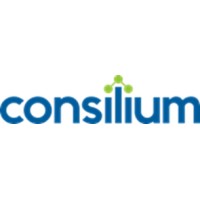The health ministry of South Korea has called for an independent assessment of the chemical components in Juul products, reports The Korea Times.
Juul was released in stores across South Korea on May 24 and is likely to gain a firm foothold as consumers shift from smoking to vaping.
The product dominates the e-cigarette segment in the United States and has been blamed by that country’s health authorities for an ‘epidemic’ of vaping among young people.
Advocates say that Juul and similar products present an unprecedented opportunity to wean smokers off traditional cigarettes.
During a press conference marking the company’s entry into Korea, Juul co-founders James Mosees and Adam Bowen said they wanted to offer “a better alternative” for the country’s 9 million smokers who rely on combustible cigarettes and heat-not-burn tobacco.
“We have a long shared belief that through innovation, combustible cigarettes and tremendous healthcare costs can be eliminated by offering a better solution to consumers,” Mosees told reporters.
Through a decadelong trial-and-error efforts and consumer-centric research, he said the invention of Juul was “a once-in-a-century opportunity to improve public health.”
In 2018. South Korea’s ministry of food and drug safety tested several tobacco heating devices, including Philip Morris International’s (PMI) IQOS, and found five cancer-causing substances.
PMI then filed a lawsuit against the South Korean government demanding disclosure of detailed information on the test results.
The company said it was denied relevant information on the ministry’s test results, including the experimental data and the method of analysis, even though South Korean law requires key health information to be shared with the public.












